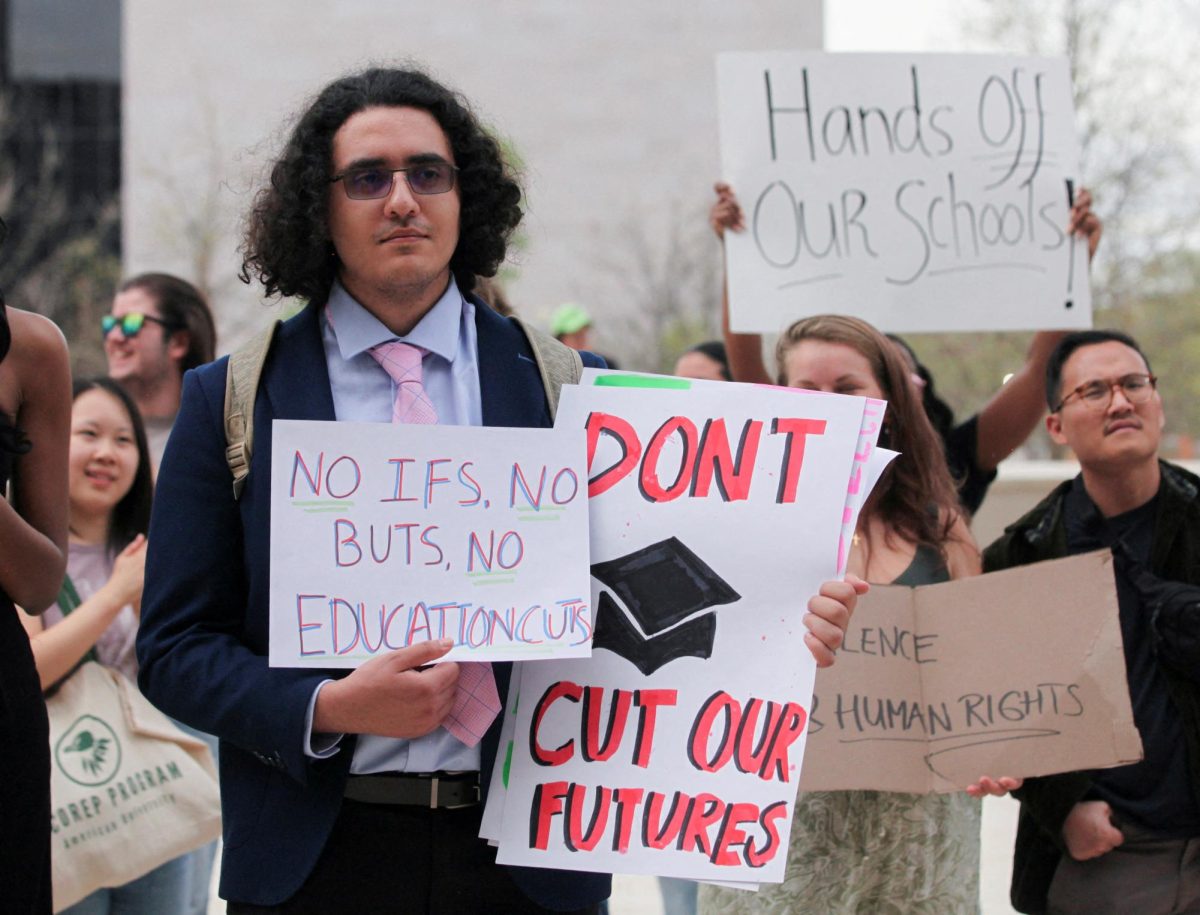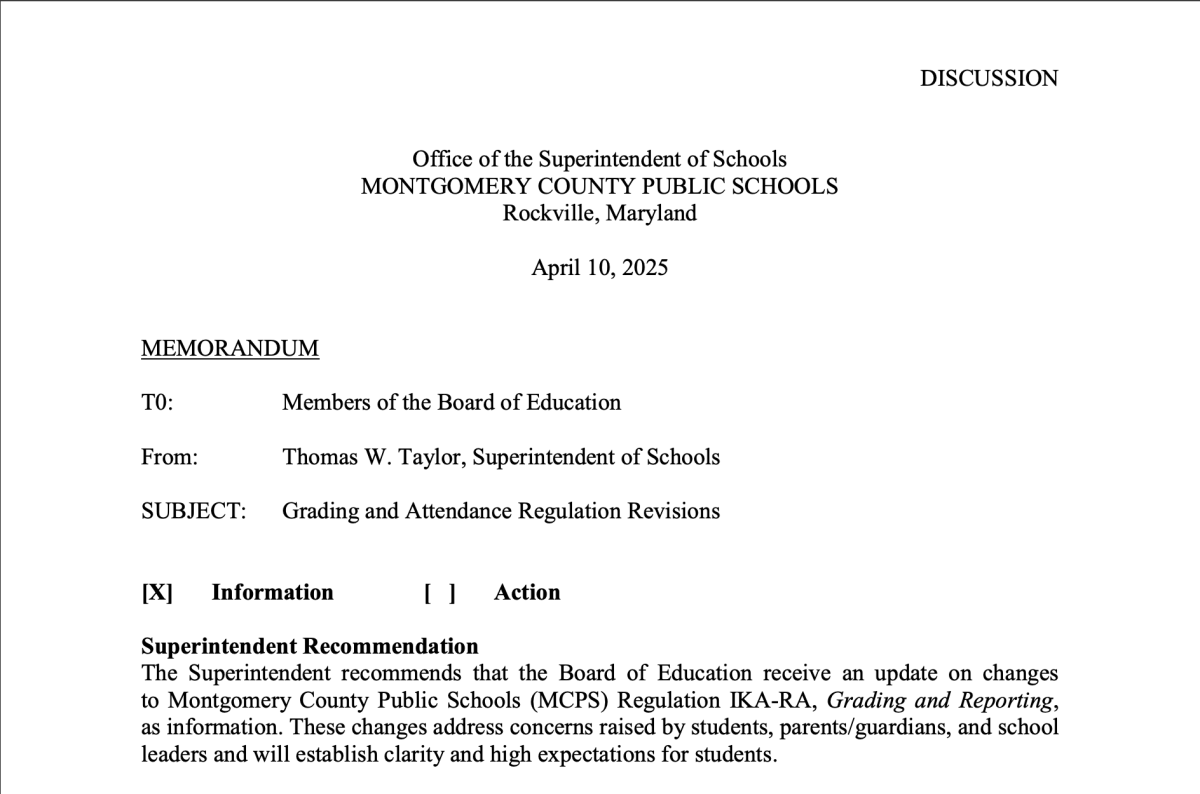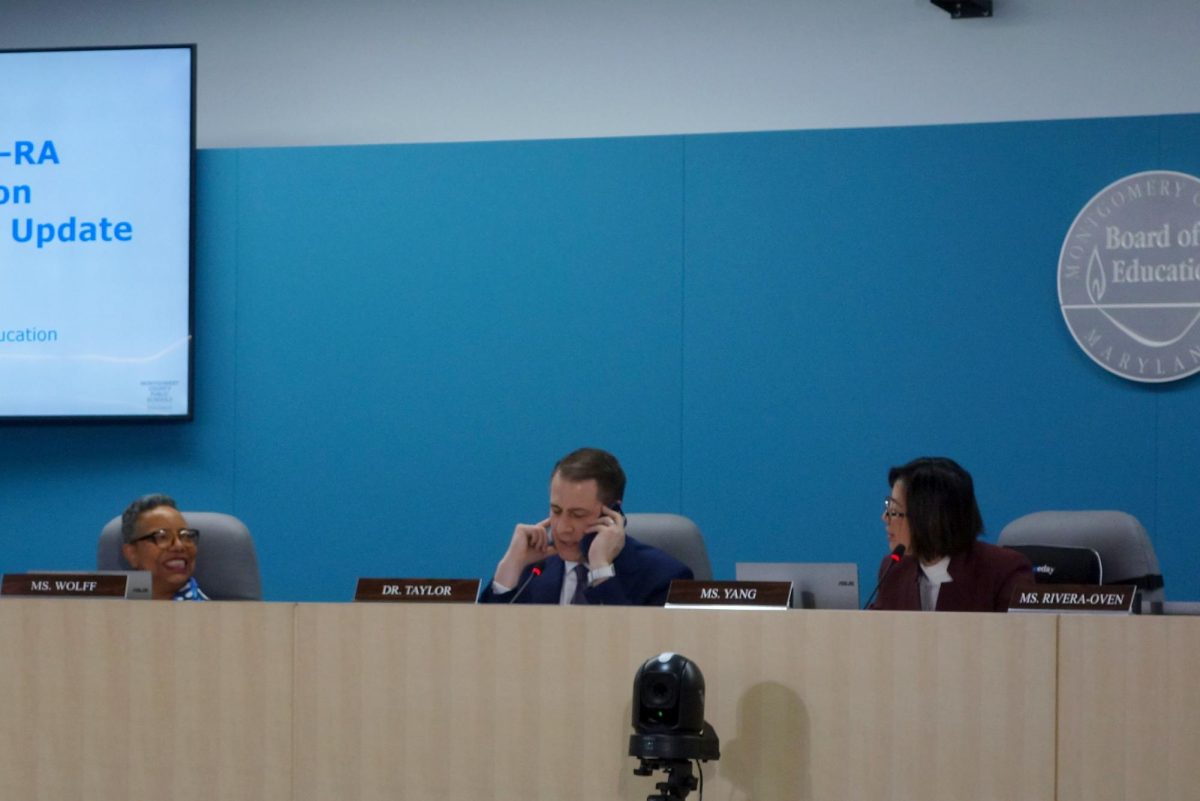Supreme Court justices generally favored arguments towards allowing parental opt-out from LGBTQ+ books in school curricula during the court’s oral arguments on Tuesday, April 23.
The lawsuit, Mahmoud v. Taylor, was filed against Montgomery County Public Schools (and its superintendent, Dr. Thomas Taylor) for refusing parental opt-out from the usage of LGBTQ+ storybooks in the district’s K-5 curriculum. The Supreme Court’s nine justices heard oral arguments on Tuesday from the district and the nonprofit group representing the parents, known as the Becket Fund for Religious Liberty.
The court, which is generally understood to have a 6-3 conservative majority, heard over two hours of oral arguments, including questions from all of the nine justices. Justices typically show their opinions or hint at which way they are leaning based on the way the questions are targeted, asked and directed.
For example, Associate Justice Clarence Thomas, one of the most conservative members of the court, frequently asked questions of Alan Schoenfeld, the lawyer representing MCPS.
After Schoenfeld finished his opening statement, Thomas was the first to ask a question, simply asking Schoenfeld, ”Couldn’t you solve those differences simply by restoring the opt-out?” Chief Justice John Roberts added on, asking Schoenfeld how realistic it was to believe that a five-year-old student would not affirm or believe something being taught by a teacher.
On the other hand, liberal justices like Associate Justice Sonia Sotomayor asked Becket’s Senior Vice President and counsel Eric Baxter if “merely being exposed to the reading of the book out loud” amounted to “coercion.” Associate Justice Ketanji Brown Jackson raised a hypothetical situation in which a gay teacher had a wedding picture on their desk, and if a student would be allowed to opt out of that teacher’s classroom based on the “exposure” to the gay marriage.
At times, arguments between justices became heated, with justices interrupting each other. Overall, all six conservative justices indicated through their questioning some level of support for a parental opt-out, suggesting that the court will soon rule against the school district’s policy against parental opt-out.
The Supreme Court typically issues its opinions, which are the court’s explanations of its rulings, by the end of this year’s court term in mid-June. If an opinion is not released before the end of June, it will likely be released early in the fall, at the start of the court’s next term.
During oral arguments, groups representing both sides held rallies in support of or in opposition to the policy outside the court. Signs included messages like “Let the Parents Decide” and “Let Kids Be Kids” in support of the opt-out, and “Read with Pride, Not Prejudice” and “Protect Trans Kids” in opposition to it.
The LGBTQ+ storybooks, introduced to MCPS’s K-5 curriculum in October 2022, originally included an opt-out option, which was later rolled back in March 2023. Parents sued in August 2023 for an injunction, which was denied by the District Court of Maryland. After an appeal to the circuit court in May 2024 was also rejected, the Supreme Court agreed to hear the case in January.
MCPS is the 14th-largest school district in the nation according to Niche, with 211 schools, including 136 elementary schools and over 72,000 elementary-aged students. The district had argued that the logistical complications of providing opt-outs to an increasing number of children encumbered teachers, necessitating the removal of the opt-out. If the Supreme Court requires the district to reinstate opt-out, the ruling will impact school districts nationwide.









